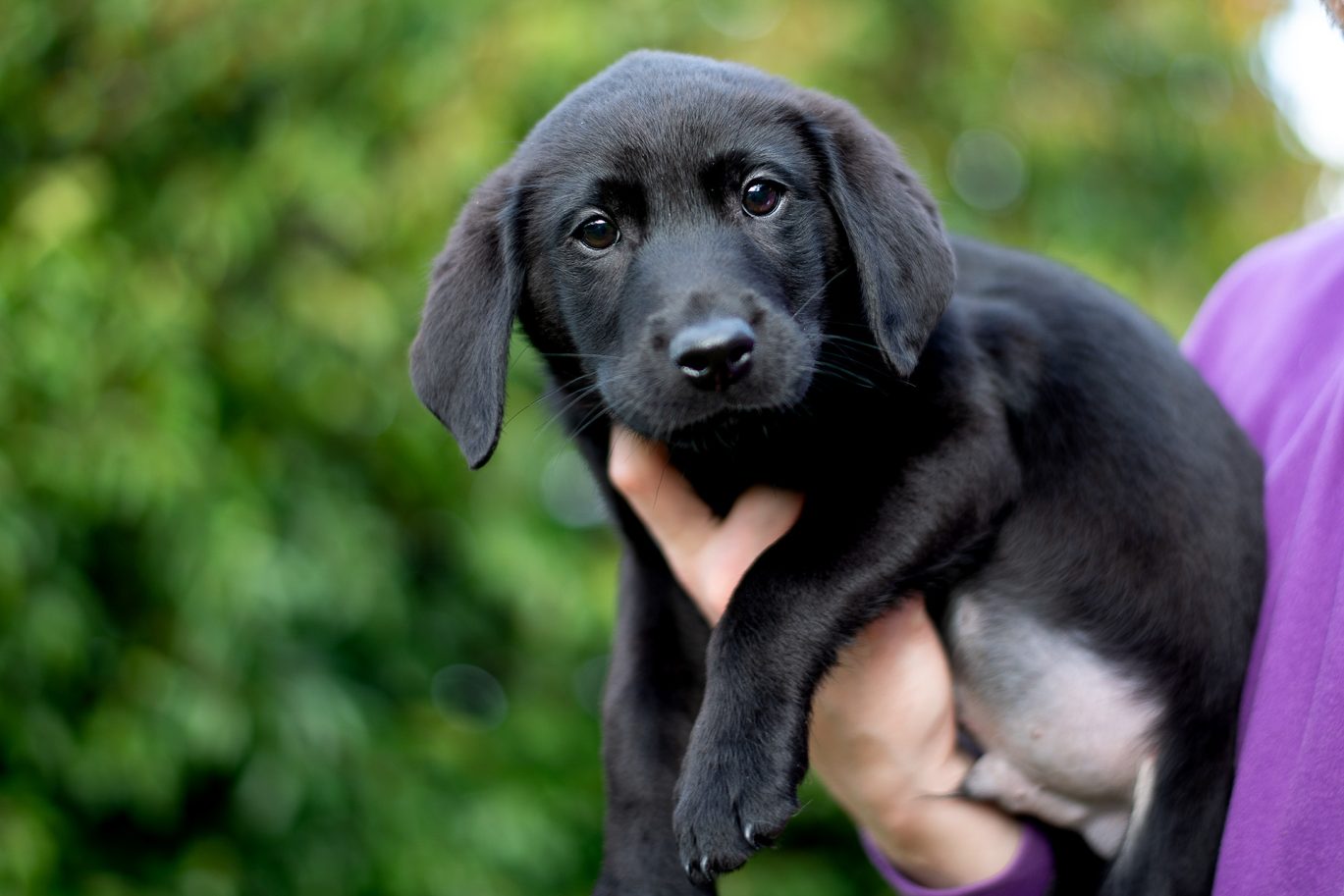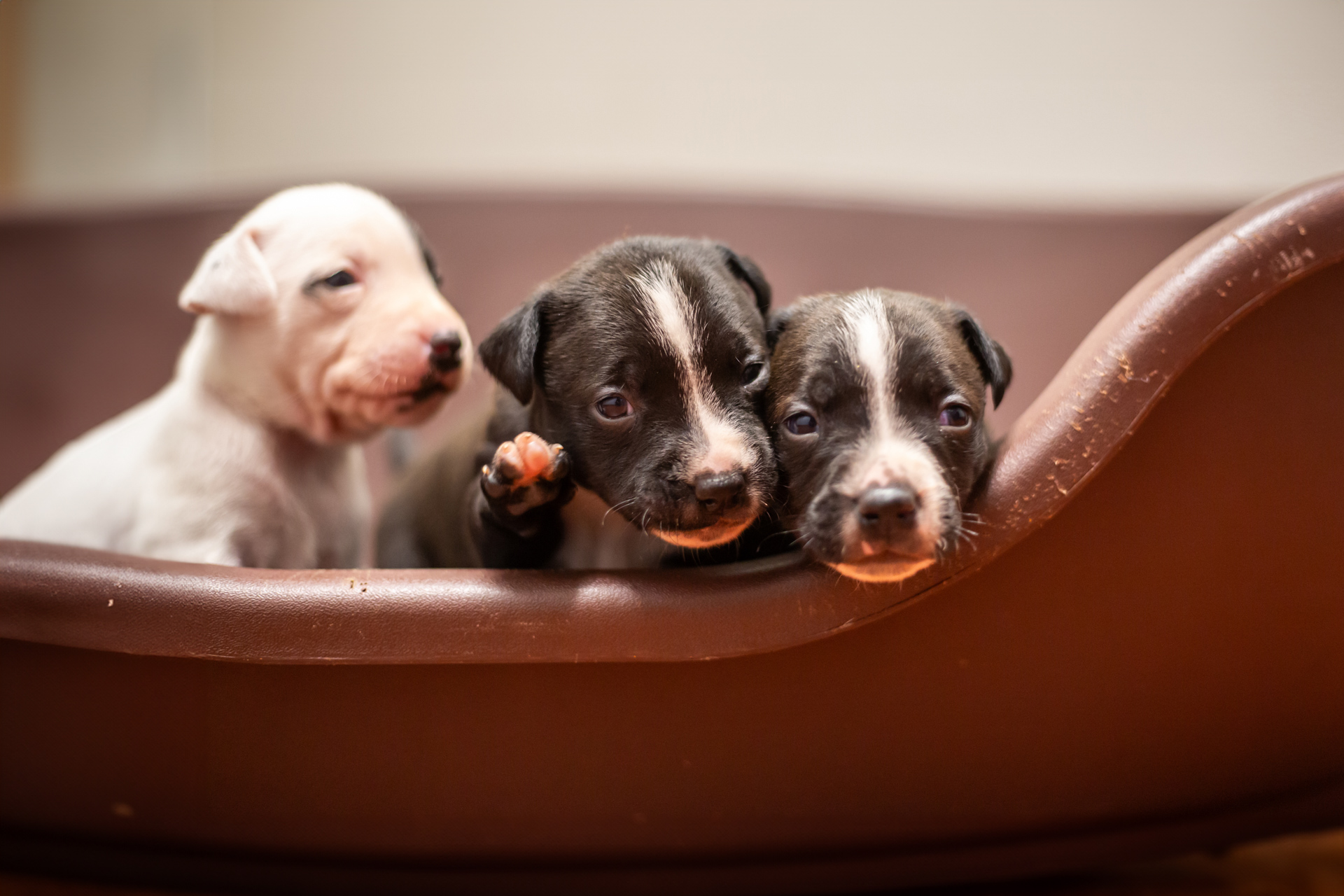
Puppy Vaccinations
Welcoming a four-legged bundle into your home is an exciting experience, full of firsts as your puppy finds their feet and settles in.
But one of the most important milestones in their first few weeks is vaccinations – organising these should be on the top of any responsible owner’s puppy checklist.
Why are puppy vaccinations important?
By staying on top of your puppy’s vaccination schedule, you’re giving them the best possible start in life.
They protect against diseases
Young puppies are incredibly vulnerable to illnesses like parvovirus, distemper, kennel cough and leptospirosis that can negatively affect their health, growth and wellbeing. In some cases, they can even lead to death. All of this can be prevented through vaccination.
They prevent the spread of disease
By vaccinating your puppy, you’re doing your bit to prevent outbreaks of contagious diseases that can spread to other pets.
They’re essential for safe socialisation
Good socialisation behaviours are key for the development of well-adjusted dogs. Vaccinations will give you the confidence that your four-legged friend can safely explore the world, meet other dogs and enjoy activities such as puppy training classes and trips to the park.
Some vaccines are a legal requirement
Depending on where you live or where you’re traveling to with your puppy, you may be required to prove that you meet local health regulations.
When are the vaccinations?
You’ll want to organise your vaccinations around 8-10 weeks, followed by a second dose 2-4 weeks after. Some vaccinations may be possible earlier, but it’s best to follow the advice of your vet. You should also schedule a booster vaccination at 6 or 12 months and follow any further vaccination recommendations from your vet as your puppy grows through to adulthood.
Reactions to vaccinations – what to expect
Reactions to vaccinations are normal, don’t panic. Here are some common mild side effects to look out for to put your mind at ease.
- Soreness or swelling at the injection site – your puppy may feel a little tender or avoid being touched in that area for a day or two.
- Tiredness – they may seem less energetic and sleep more than usual.
- Mild fever – this is a natural response as their immune system gets to work.
- Reduced appetite – some puppies may eat less than usual for a day.
All these reactions usually resolve within 48 hours, but you can help by making sure they have a quiet, comfortable space to rest and plenty of water available.
Although uncommon, serious reactions can occur. Stay vigilant and look for signs like swelling of the face, hives or severe itching, difficulty breathing or sudden vomiting or diarrhoea. If you notice any of these, contact your vet immediately.
Always know their medical history
Before you commit to bringing your new puppy home, ensure you’re fully informed about their medical history. Knowing their background helps you figure out the best care and avoid any nasty surprises.
You should expect details such as:
Vaccinations – what vaccines have they already received and when?
Worming and flea treatments – have they had any previous treatments?
Health screening – are there any previous results of tests or screenings for common conditions or diseases?
Family health history – is there any information available on the health of the puppy’s parents which could indicate hereditary risks?
Microchipping – not technically a health requirement but a reminder that all puppies should come with proof that they have been microchipped – this includes the dog’s 15-digit unique code.
If you’re unable to get hold of this information, visit your vet as soon as possible. They can start vaccinations, carry out a health check and spot anything that needs care.
We’re here to help
We hope you found our puppy vaccination guide useful and are ready to set your new family member up for a lifetime of health and happiness.
Please consider giving a one-off donation today to help us look after puppies that haven’t had such loving owners.
Support the next animal that needs us
Every day, helpless animals arrive at the Scottish SPCA desperate for the love, care and safety they deserve. They come to us hurt, scared and often abandoned.
But with your generous donation, you can offer them more than just shelter – it can be a lifeline. We use donations to provide nourishing food, vital medical care and a safe place where they can heal, thrive and eventually find their forever homes.
Together, we can make a difference in their lives.

Together, we care for them
With your support, we can continue to care for Scotland’s animals every minute of every day. Your donation funds campaigns, research and projects to help give animals the life they deserve. Every £1 matters to all animals in our care.


